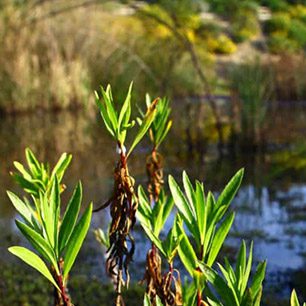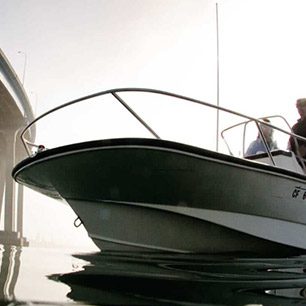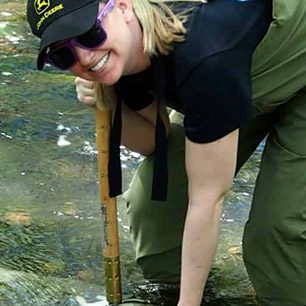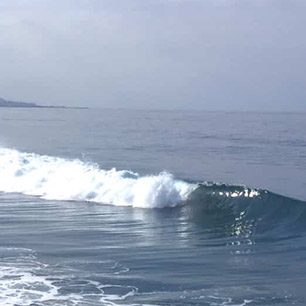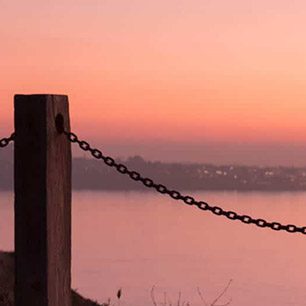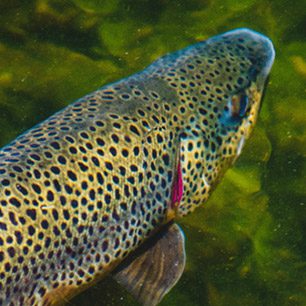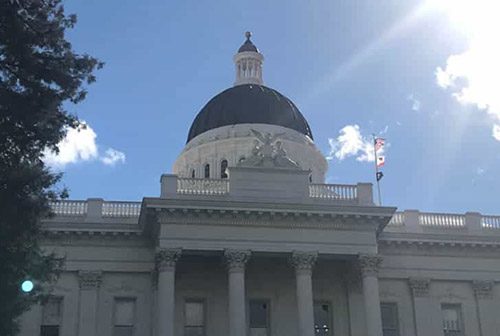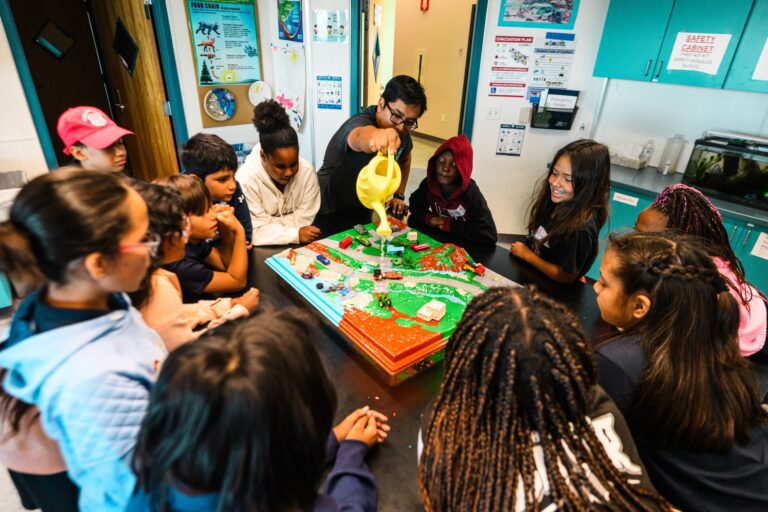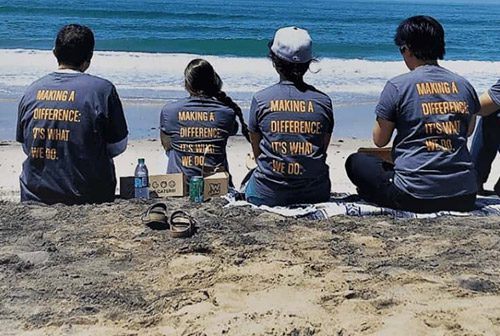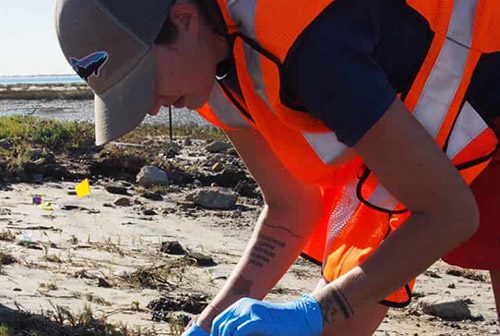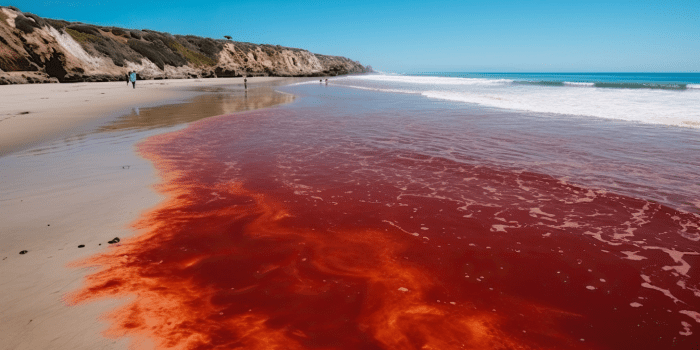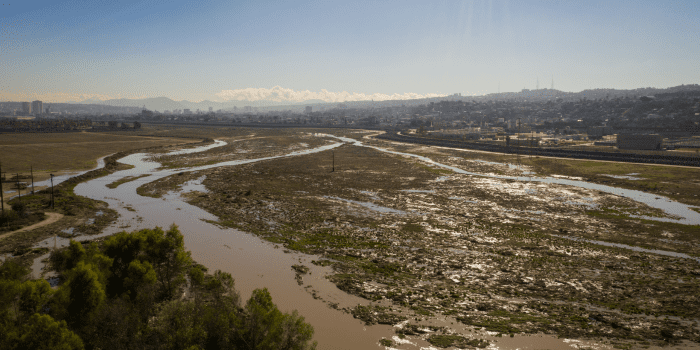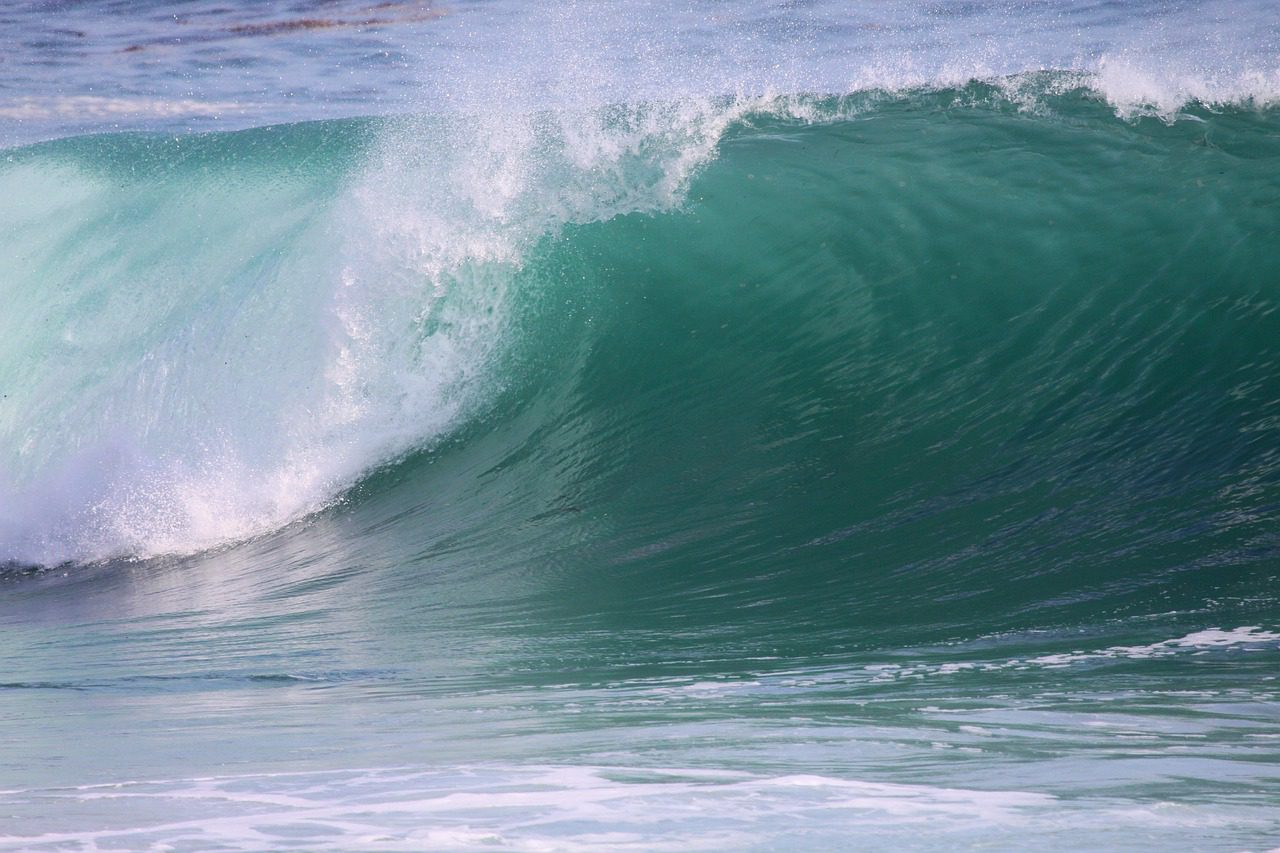Students and Standards
Back to school this year has brought lots of changes in how and what teachers teach their students and what tools students need for successful careers today. To help educational leaders better prepare students for the future, California recently adopted the Next Generation Science Standards (NGSS) and is implementing the new Common Core State Standards to outline what students should know and be able to do in each grade, in each subject.


Since 2010, 45 states have adopted these standards for English and Math. Students are expected to:
-
- Articulate math problems
- Demonstrate independence in reading, writing and speaking about complex text
- Make sense of real life problems and perservere in solving them
What about Science and Environmental Education?
Can we use the environment as a “real life” example? Environmental educators will happily answer with a resounding YES!
Environmental education is crucial to student development and preparation for the world we live in. Hands-on environmental lessons give the students the tools to understand basic science concepts, such as local habitats and water pollution, while also incorporating other important subjects (Math, English and Language Arts) into the learning process simultaneously. Win-win, right?

Project SWELL
Recently I visited a middle school to observe students learning with Project SWELL: A classroom curriculum for grades K-2 and 4-6 designed to incorporate all state standards while including environmental education with lessons on water science, pollution prevention and local habitats.
The lesson I observed asked students how they define pollution and what kind of pollutants we may find in our water bodies and watersheds. Students then received materials to design their own watershed in groups, giving them a new opportunity to create their own investigation, understand scientific concepts, explain these concepts, identify problems and solve them.
I was impressed to see how engaged the 6th grade students were with a watershed lesson from Project SWELL. After completion of the lesson, one 6th grade student told me that “science is cool!” Project SWELL instructor, Eileen Pritchard, was able to engage her students in science and teach about urban runoff, local watersheds and marine debris.


I certainly hope schools can continue to incorporate environmental education and better prepare students for the future and the world they live in, realizing that there really is no future without taking care of the planet!

